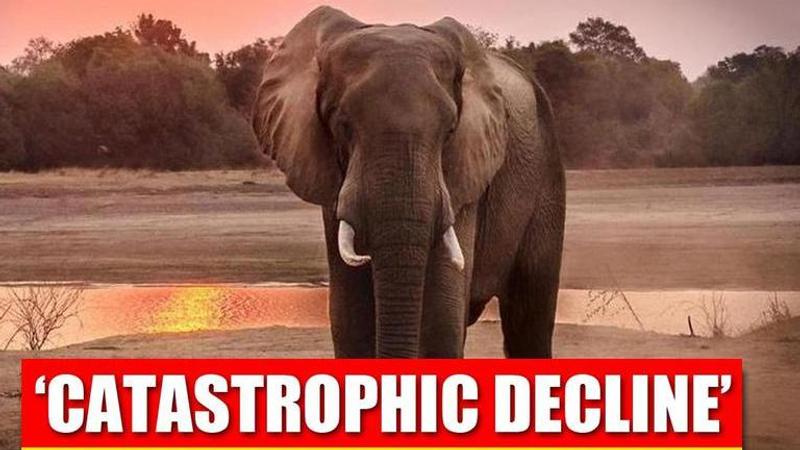Published 14:50 IST, September 10th 2020
Scientists warn wildlife populations fallen by over two-thirds in less than 50 years
According to a report by the worldwide fund, the wildlife population has fallen by more than two-thirds in less than 50 years because of human destruction.

According to a report by the worldwide fund, the wildlife population has fallen by more than two-thirds in less than 50 years. The report says this great damage shows no signs of slowing. The report states that the forest was felled for human needs like to grow food, report is also putting light on, risk of increasing infection like coronavirus because of harming the ecosystem.
According to a report by BBC, Tanya Steele, chief executive World wide fund said wildlife is in freefall as we burn forests and destroy wild areas, she also added that we are destroying our planet, our place we call home, we are risking our survival on our planet earth. According to WWF’s Living Planet Report 2020, land conversion for farming and wildlife trade were key reasons for the 68% average drop across thousands of populations of mammals, birds, amphibians, reptiles, and fish between 1970 and 2016. Director of conservation at the Zoological Society of London, which provided the data said that the decline was clear evidence of the damage human activity is doing to the natural world.
According to data from monitoring service Global Forest Watch, in 2019, tropical rainforests, whose preservation is considered crucial to curbing climate change - disappeared at a rate of one football pitch every six seconds. Environmentalists, while commenting on the situation said, conserving existing forests and restoring damaged ones reduces the risk of flooding, helps limit global warming by storing more carbon, and protects biodiversity. The WWF report, with contributions from about 125 experts, tracked almost 21,000 populations of nearly 4,400 vertebrate species, giving an overview of the state of the natural world.
Aquatic life suffered a lot
According to report life in freshwater suffered an 84 percent decline. Other worst-hit wildlife included Eastern lowland gorillas in the Democratic Republic of Congo and the African grey parrot in Ghana. World wide fund director general Marco Lambertini said in a statement that, this serious fall in wildlife species indicates that nature is unraveling and that our planet is flashing red warning signs of systems failure.
Updated 14:50 IST, September 10th 2020




